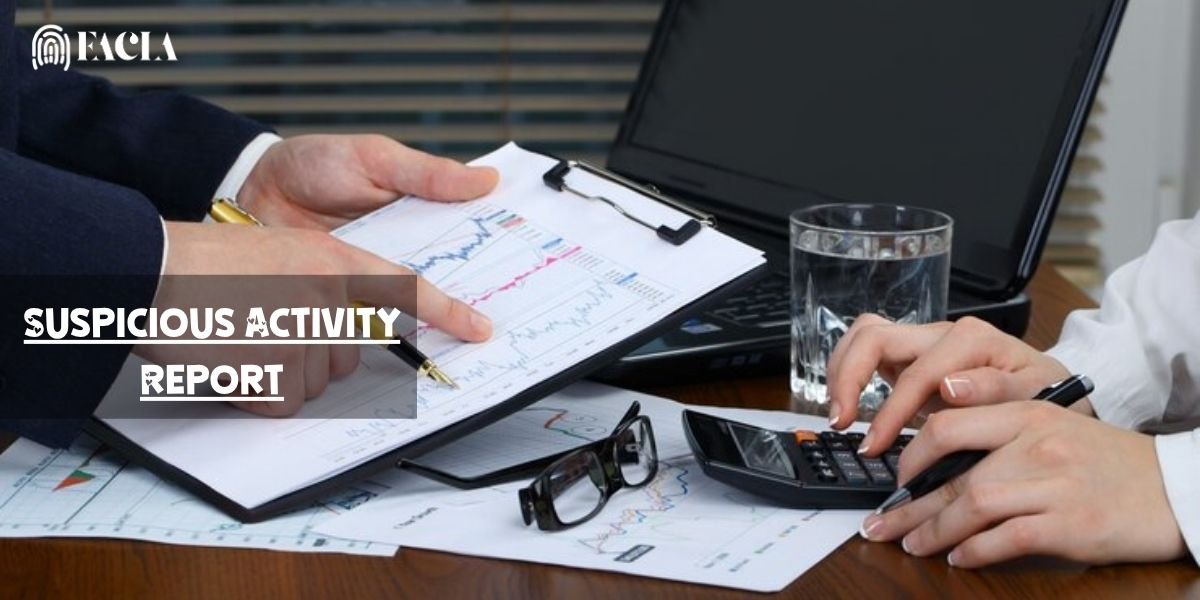Introduction:
If you are thinking about dealing with a company or making a purchase, it is essential to determine whether or not they are a genuine business. Over the course of our daily lives, many of us have been victims of internet scams or enterprises that, at first glance, appear to be trustworthy organizations. My experience is that I once placed an order for a product from a company that appeared to be trustworthy, but I received a fake item of poor quality. When you take the time to verify the legality of a company, you may avoid experiencing discomfort, wasting money, and even the possibility of having your identity stolen. Here are some ways that you may be sure that you are working with a legitimate and reliable company.
Legit Company:
A company that has been lawfully formed and functions within the bounds of the law is known as an authorized company. It is established by a company or individual with the goal of generating a profit through legal channels. Authorities recognize these companies and verify their compliance with correct rules, ensuring they provide clients with authentic goods and services. A company’s reputation and durability in the marketplace are reflected in its legitimacy.
Why people make fake companies:
The main reason people start fake companies is to trick people and use false strategies to quickly profit. They frequently take advantage of insufficient regulations or unawareness among consumers to market defective or unavailable goods and their operations.
- Money laundering
- Tax fraud
- Scamming
- Get personal information
Globally in Q1 2024, Statista reports that over 963,000 unique fake websites were found. The FTC observed that scammers may pass for trustworthy businesses to confuse their targets. These imposter scams, also known as pretending-to-be scams, use replicas of reputable organizations, like government institutions or well-known businesses, to trick victims into giving money or personal information.
How to Find out the Company is Legit.
There are always bad results when you do business with a fake company, no matter how big or small your company is. For example, let’s say a new business signed a deal with a source that doesn’t exist. In other words, the business burned through time and money. And don’t forget about users and third parties; all of them need to go through a series of security checks. This guide will show you how to tell if the company is legit.
Company online presence:
As a company grows, its online appearance changes. It’s how it shows up and talks to customers on websites, social media, online reviews, and other digital locations. A strong online presence helps customers learn about, trust, and interact with a brand, which lets a business contact more people. It’s important for building trust and giving customers a way to learn about the company’s goods, services, and beliefs. In this day and age, a company’s image and success can be greatly affected by how well it performs online. Their website should connect with these factors.
- Official website address
- Active phone number
- Email address
- Customer reviews
- Registration
- Payment method
- Policy page
Thoughts on social media activity:
A company’s social media profile can show how real it is: Check to see if the big platforms have live accounts.
Look for regular posts and conversations with customers. Check the content’s quality and regularity. If there isn’t much activity on social media, it could be a sign of trouble.
Check with the industry association:
“Check with industry associations” refers to confirming the company’s legality by speaking with important industry or professional groups in its sector. These organizations frequently keep lists of approved or acknowledged companies that follow particular guidelines and criteria. A company’s legitimacy and credibility can be enhanced by verifying with industry groups if it is registered, conforms to ethical standards, and follows the latest industry standards.
Document verification:
One of the most important steps in figuring out whether a company is legitimate is document verification. You may verify the company’s legal status and regulatory compliance by looking through official papers, including business licenses, registration certificates, and tax identification numbers. Verified papers are provided by genuine businesses, guaranteeing trust and transparency. This procedure keeps customers safe against fraud and scams.
Check the company number:
The registration number of a company acts like identification. The national registration agency assigns the unique number, which is useful in many legal circumstances. If a firm is legally registered, its terms and conditions or privacy policy should include the company number. Even if the company changes its name, address, or shareholders, the company number will continue to be identifiable with the company.
Verify for errors and grammatical mistakes.
Do you observe that the company’s homepage has grammatical errors? The company might have its headquarters abroad if the business location is listed in the United States, yet the English used is not excellent. Take this as a clue to investigate the firm further before entering into any financial deals if the company says it is local.
Identify company Warning Signs:
When determining the legitimacy of a company, be wary of companies that demand immediate payment or offer enticing discounts. It is important to pay attention to the quality of their website; problems in language and spelling might be warning signs. To earn their consumers’ trust, legitimate businesses always keep a professional attitude and communicate in a simple way.
Verify a company with the KYB tool:
KYC:
Businesses specifically design KYB, or “Know Your Business,” checks, which are similar to the more common “Know Your Customer” (KYC) checks. It involves an extensive review of a company’s address, qualifications, business information, and operating history to make sure there are no possible financial or legal irregularities and that the firm is real.
A KYC solution to verify a company:
It’s not always enjoyable when looking through several news items and departments on the internet. Manually going over every source might be stressful. It’s simple to make mistakes and overlook certain important information, particularly when conducting in-depth, detailed company research alone. Do not be worried. Take advantage of this opportunity to go through the difficulties.
Directly Reach Out to the Company:
Raise Questions: Get in touch with their customer service department and ask them specific questions regarding the items or services they offer. Legitimate companies will not just be attentive but also professional.
Steps to take if you find a fake company:
In the case that the company is a fake, we will act. It is also possible for us to request help from this website in case we require further information on any company. Such knowledge will be of great help to us. GOV.UK
Conclusion:
In conclusion, knowing whether or not a company is legitimate requires conducting a thorough inquiry and verification of the company’s statements. In addition to analyzing client feedback, you should check for legal papers and examine your online visibility. Check for warning signs like pressure for quick payment or poor communication. By utilizing tools such as industry organizations and official websites, you may prevent yourself from companies that engage in fraudulent activities and make certain that you are working with a trustworthy company.





